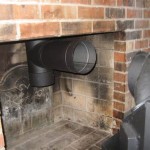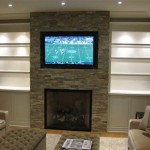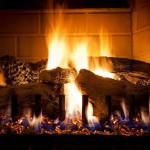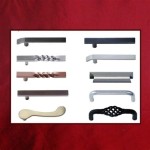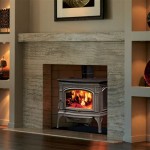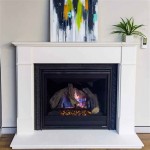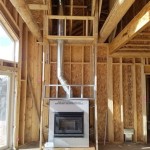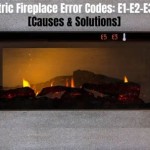Electric Fireplace Most Energy Efficient: Essential Aspects to Consider
Electric fireplaces have gained significant popularity as a cost-effective and eco-friendly alternative to traditional wood-burning fireplaces. However, choosing the most energy-efficient electric fireplace requires careful consideration of several key aspects:
1. Heater Wattage and Output:
The wattage output of an electric fireplace determines its heating capacity. Higher wattage fireplaces will produce more heat, but also consume more electricity. Choose a fireplace with a wattage rating appropriate for the size of the room you intend to heat.
2. Energy Star Certification:
The Energy Star label indicates that an electric fireplace meets specific energy efficiency standards established by the Environmental Protection Agency (EPA). Energy Star-certified fireplaces typically consume less electricity while still providing ample heating.
3. Heat Distribution:
Efficient heat distribution is crucial for maximizing warmth. Look for fireplaces with fans or blowers to circulate heated air, ensuring even distribution throughout the room. Additionally, consider models that allow you to adjust the fan speed or output direction.
4. Insulation and Construction:
Insulation and construction play a vital role in retaining heat and preventing energy loss. Opt for fireplaces with well-insulated enclosures to minimize heat escape. Durable materials, such as ceramic or cast iron, can withstand high temperatures and maintain efficiency.
5. Flame Effect:
While the flame effect does not directly affect energy efficiency, it can influence overall power consumption. Some fireplaces use LED technology or projection systems to create realistic flame effects, which typically require less electricity than incandescent bulb-based models.
6. Usage Patterns:
Electric fireplaces can be used intermittently or as a primary heating source. If you plan on using the fireplace frequently, it is essential to choose a model with a high energy efficiency rating to minimize ongoing electricity costs.
7. Features and Technology:
Advanced features such as programmable thermostats, remote controls, and smart home integration can enhance energy efficiency. Programmable thermostats allow you to set specific temperatures and schedules, while remote controls provide convenient temperature adjustments without the need to manually operate the fireplace.
8. Maintenance:
Regular maintenance is essential to ensure optimal efficiency. Cleaning the fireplace, replacing filters, and ensuring proper ventilation will prevent energy waste and extend the life of the appliance.
9. Safety:
Electric fireplaces are generally considered safe, but it is important to choose models with safety features such as overheat protection and tip-over switches. These features help prevent accidents and ensure peace of mind.
Conclusion:
Choosing an electric fireplace that is most energy efficient involves considering various factors, including wattage output, Energy Star certification, heat distribution, insulation, flame effect, usage patterns, features, maintenance, and safety. By carefully evaluating these aspects, you can select an electric fireplace that provides ample warmth while minimizing energy consumption.

Are Electric Fireplaces Energy Efficient Direct Learning Center
The 6 Best Electric Fireplace Heaters Of 2024

What Is Most Energy Efficient Wood Gas Or Electric Fireplace Dreifuss Fireplaces

Which Electric Fireplace Is The Most Realistic Twin Star Internationaltwin International

Are Electric Fireplaces Energy Efficient Direct Learning Center

The Best Electric Fireplaces In 2024 Popular Science

11 Best Electric Fireplaces Of 2024 To Chase The Chill Away Time Stamped

Best Electric Fireplaces Of 2024 U S News

Touchstone 80006 Forte Recessed Electric Fireplace With 1500w Heat Black Home S Inc

Are Electric Fireplaces Energy Efficient Direct Learning Center
Related Posts

